Inspirational Journeys
Follow the Stories of Academics and Their Research Expeditions
The Convergence of AI, Work, and Education: Building an Equitable Future
The Convergence of AI, Work, and Education: Building an Equitable Future
In a world where technological advancement continues to accelerate at unprecedented rates, artificial intelligence stands at the intersection of our most profound challenges and opportunities. At Atlanta College of Liberal Arts and Sciences (ACLAS), we believe that AI isn't merely a disruptor—it's a powerful equalizer when properly integrated into both workplace environments and educational systems. As we navigate this pivotal moment in human history, understanding how AI transforms these spaces becomes essential not just for individual success, but for creating the equitable future we envision.
The Twin Revolutions: AI in Workplace and Education
The integration of AI into workplaces and educational institutions represents twin revolutions occurring simultaneously, each with the potential to either widen existing divides or bridge them definitively. As automation reshapes industries from manufacturing to medicine, many rightfully question: Will these technologies create opportunity, or simply concentrate wealth among those who already hold advantage?
The answer isn't predetermined—it depends entirely on our collective choices and the systems we build.
AI in the Workplace: Augmentation, Not Replacement
Despite apocalyptic headlines about job displacement, emerging research reveals a more nuanced reality. A recent Stanford Graduate School of Business study demonstrates that when properly implemented, generative AI tools boost worker productivity without eliminating positions. The key insight: AI excels at complementing human capabilities rather than replacing them.
Consider these findings from research led by Erik Brynjolfsson at the Stanford Digital Economy Lab (2023):
Workers using AI tools completed tasks 40% faster than their counterparts
Quality ratings for AI-assisted work increased by approximately 18%
The productivity gains were most significant for workers who initially showed lower performance levels
This last point deserves particular attention—AI has shown particular promise in narrowing performance gaps between workers, suggesting its potential as an equity-enhancing technology. When call center employees used AI assistants to suggest responses, the performance difference between the highest and lowest performers decreased dramatically.
As Erik Brynjolfsson, Director of the Stanford Digital Economy Lab, notes: "The benefits of this technology don't just accrue to the superstars. In many ways, it levels the playing field."
Reimagining Education Through AI
While workplace applications provide immediate economic evidence of AI's value, the educational sphere may ultimately prove even more transformative. At ACLAS, our Neural Network Curriculum exemplifies how AI can adapt to diverse learning needs across our 150+ Nation Learning Grid.
Conrad Hughes, the Director General of the International School of Geneva, indicates that AI integration in education delivers several critical benefits:
Personalized Learning Pathways: AI systems can identify knowledge gaps and learning styles, creating custom educational journeys rather than one-size-fits-all approaches
Automated Assessment: Freeing educators from repetitive grading tasks allows them to focus on high-value mentorship and guidance
Accessibility Enhancements: From real-time translation to assistive technologies, AI makes education available to learners previously excluded
Administrative Efficiency: Streamlining operations reduces institutional costs, potentially lowering educational barriers
These advantages align perfectly with ACLAS's core mission of making elite education a universal human right. By leveraging AI, we can deliver world-class education at scale while maintaining the personalized attention historically available only to privileged few.
The Antifragile Approach to AI Integration
As with any transformative technology, AI implementation comes with significant challenges. Concerns about algorithmic bias, data privacy, digital divides, and overreliance on technology deserve serious consideration. Rather than dismissing these concerns, ACLAS embraces an antifragile approach—learning from difficulties and building more robust systems as a result.
Our framework for responsible AI integration includes:
Transparent Algorithms: All AI systems used in our educational environment are explainable and subject to continuous equity audits
Human-Centered Design: Technology serves human needs and values, not the reverse
Continuous Adaptation: Our systems evolve based on feedback, ensuring they remain relevant across cultural contexts
Inclusive Development: We actively involve diverse stakeholders in designing AI implementations
This approach ensures that as AI technology evolves, it serves our mission rather than undermining it.
Building Digital Literacy for an AI-Augmented Future
For both workplaces and educational institutions, perhaps the most critical need is developing comprehensive digital literacy programs that prepare individuals to work effectively alongside AI. At ACLAS, we've integrated AI literacy across our curriculum, ensuring graduates understand both the technical foundations and ethical implications of these technologies.
Effective digital literacy in the AI age includes:
Understanding AI capabilities and limitations
Developing skills that complement rather than compete with automation
Critical evaluation of AI-generated outputs
Ethical frameworks for responsible AI deployment
By focusing on these competencies, we prepare our global student body not just to survive but to thrive in an AI-augmented economy.
The Global Imperative for Equitable AI
The most significant risk associated with AI is not that it will become too powerful, but that its power will be distributed inequitably. Without deliberate intervention, these technologies may simply reinforce existing social hierarchies and economic disparities.
At ACLAS, our commitment to geopolitical neutrality and global equity pricing takes on new urgency in the context of AI proliferation. We must ensure that the benefits of these technologies reach beyond wealthy nations and privileged demographics. Our blockchain-verified credentials and inclusive design principles represent concrete steps toward this goal.
Conclusion: Where Silicon Valley Meets Global Conscience
The convergence of AI with work and education represents what economists call a general-purpose technology—an innovation so fundamental it reshapes entire societies. Like electricity before it, AI will ultimately transform not just what we can do, but how we understand human potential itself.
At ACLAS, we stand at this crossroads with clear vision: AI must serve the cause of human dignity and opportunity. By thoughtfully integrating these technologies into both educational and workplace environments, we can create systems where technology amplifies human potential rather than replacing it—where automation liberates rather than alienates.
This isn't merely technological optimism—it's a commitment to building systems where Silicon Valley's innovation meets global conscience. Through our antifragile educational model and unwavering focus on equity, we're creating a future where AI becomes not another dividing line between haves and have-nots, but a bridge to universal opportunity.
Join the conversation: How is AI transforming your workplace or educational experience? Share your thoughts in the comments below, or explore our AI-enhanced programs at https://aclas.college/.
2 Comments
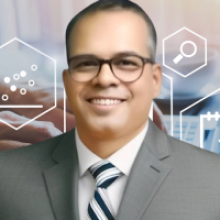

Kumer Animesh Bhattacharjee
Fri, 20 Feb 2026
"Great content! Looking forward to more from Atlanta College of Liberal Arts and Sciences."
ReplyLeave a Comment
Categories
- Career Growth 17
- Online Learning 11
- Updates and Opportunities 10
- Research 9
- Tips for Online Students 3
- AI in Education 2
Recent Posts
MBA Mini-Missions: 3 Recruiter-Recognized Artifacts
Sun, 21 Sep 2025
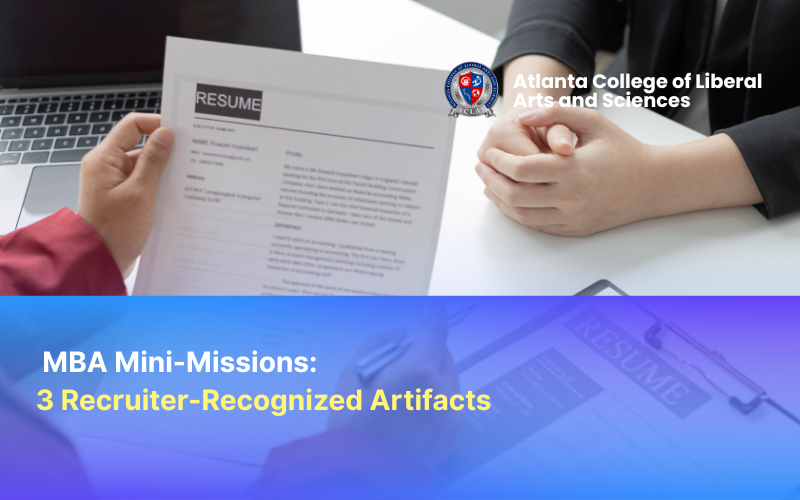
Announcement: Hard Copy Academic Documents are Now Available
Fri, 05 Sep 2025
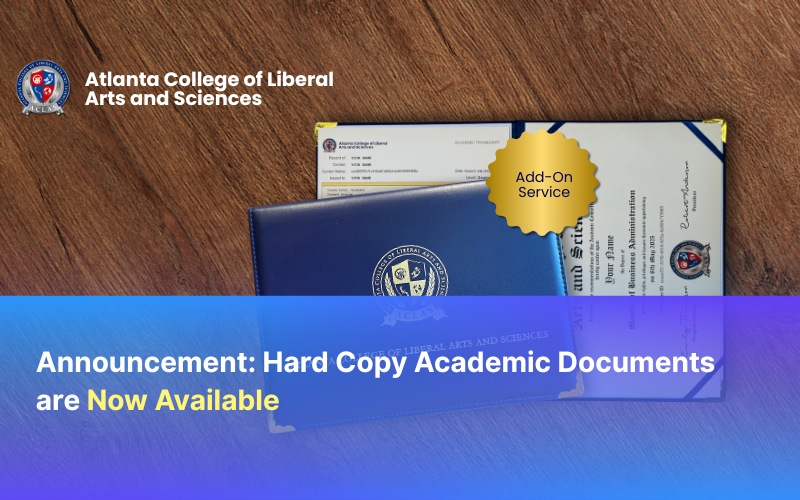
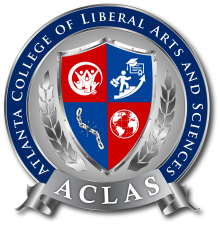
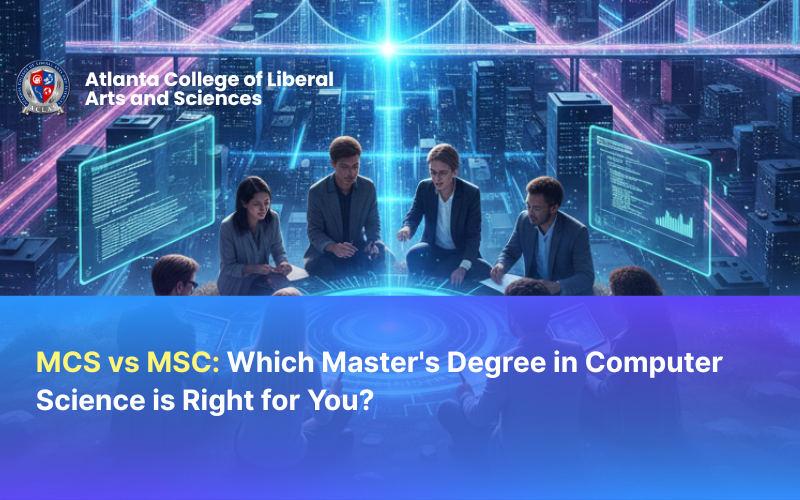


ANAND KHARADE
Fri, 20 Feb 2026
I really love how this wraps up the huge role AI is playing—kind of like how electricity changed everything before ⚡️. What really stands out to me is ACLAS’s focus on making sure AI helps people, not replaces them. As a DBA candidate and AI-powered Business Analyst, I’ve seen how powerful AI can be when it’s used to support human potential, not overshadow it ✨. The idea of building an educational system that’s strong, fair, and uses AI to open doors for everyone really feels like the right path forward . It’s exciting to see innovation from Silicon Valley meet real-world values like equity and opportunity. That’s the future I want to be part of.
Reply